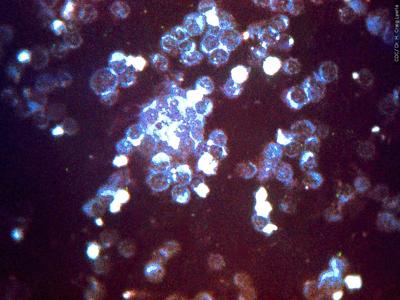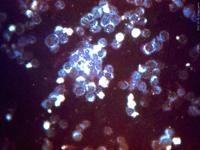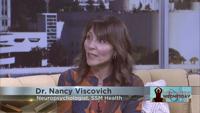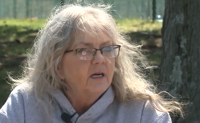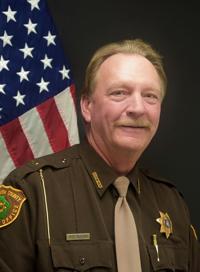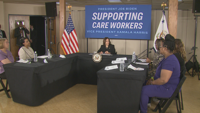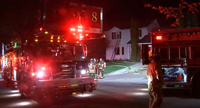MADISON (WKOW) — When it comes to COVID-19, testing is highly recommended and encouraged. Why isn't it the same with RSV?
A UW Health expert says the main reason doctors don't test for RSV — or respiratory syncytial virus — in most cases is because a diagnosis won't change how the illness is addressed.
Dr. Gregory DeMuri, a pediatric infectious disease physician with UW Health Kids, said given how many isolation and treatment requirements arose during the pandemic, it makes sense people now expect the same thing for RSV.
But because there are no antiviral treatments for RSV like there are for the flu and COVID-19, this isn't the case.
He said most kids recover well at home with standard remedies without ever being seen by a doctor.
DeMuri does note though that kids 18 months and younger can have "more extreme symptoms and develop bronchiolitis or pneumonia."
He said RSV is the most common cause of pneumonia worldwide in young children.
While kids under the age of two and the elderly are at the highest risk for severe RSV outcomes, DeMuri said school-age children can usually avoid them.
“For school-age children with a typical case of RSV, meaning a fever and cold symptoms, you keep them home like you would any illness with those symptoms,” DeMuri said. “When a child feels better and the fever goes down, they can return to school or daycare.”
When treating RSV at home, DeMuri recommends following these tips:
- Use proper nasal suction to make sure airways are clear for children younger than two.
- Stay hydrated. Electrolyte-containing drinks are good alternatives for young children if milk or formula are not appealing to them while they are sick.
- Use acetaminophen or ibuprofen for fever reduction.
- Do not give children over-the-counter cough and cold medications to treat respiratory illnesses because they can cause more complications.
- Seek medical care immediately if your child is struggling to get air. Warning signs include children using their neck or shoulders to breathe, young babies flaring their nostrils to breathe or blue color changes in a child’s face.
DeMuri said if you have any questions, call your primary care doctor.
He said the best way to avoid RSV — and any illness — is to follow the basics like frequent hand washing, having proper sleep habits and staying hydrated.

